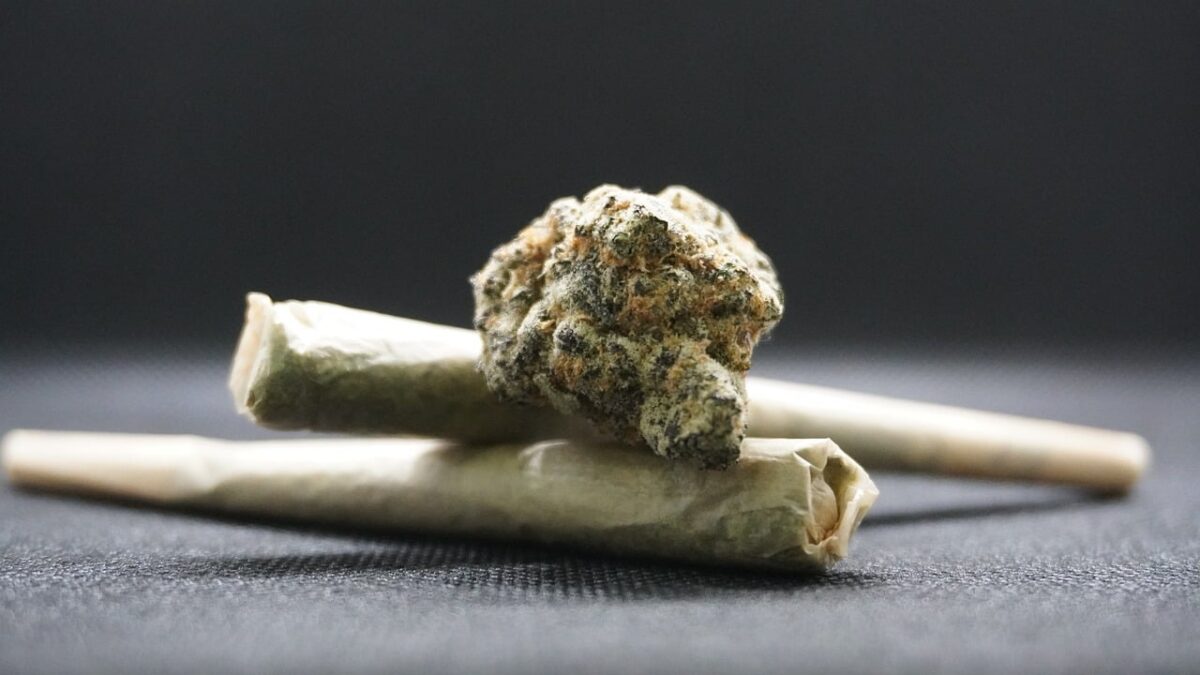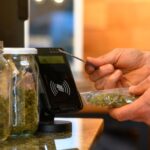
A Guide to Minnesota Cannabis Laws
With the passing of HF 100, Minnesota joins the ranks of 22 other U.S. states in recognizing the economic opportunities and social justice advancements associated with recreational cannabis legalization. Adults 21 years of age and older in the state will now be able to use cannabis recreationally and the state is set to begin cannabis business licensing soon.
Understanding the legal framework surrounding cannabis not only helps individuals stay compliant and avoid unnecessary legal troubles, but it also ensures they can fully exercise their rights and make informed decisions. By knowing the specifics of Minnesota cannabis laws, individuals can navigate the nuances of possession limits, consumption restrictions, and legal purchasing channels, as well as understand their opportunities to enter the industry’s expanding workforce. Additionally, being familiar with Minnesota cannabis laws empowers consumers to engage responsibly and safely within their communities, fostering a culture of compliance and promoting the overall well-being of both individuals and the industry as a whole.
Minnesota Cannabis Laws
Starting August 1st, adults 21 years of age and older may possess and transport cannabis in Minnesota. This includes:
- Up to two ounces of adult-use cannabis flower in public or up to five pounds cannabis flower in their private residence.
- Up to eight grams of cannabis concentrate.
- Up to 800mg of total THC in infused edible cannabinoid products.
Within Minnesota’s adult-use cannabis market, individuals may also gift up to two ounces of cannabis flower, eight grams of adult-use cannabis concentrate, or an edible cannabinoid product infused with up to 800 total milligrams of tetrahydrocannabinol to an individual who is at least 21 years of age. Individuals may not give cannabis flower or cannabinoid products as a sample or promotional gift if the giver is in the business of selling goods or services.
Although public consumption is not permitted, individuals are allowed to consume cannabis in their private residence and yard, on private property unless explicitly prohibited by the property owner, and on the premises of an establishment or event licensed to permit on-site consumption.
Cannabis consumption is not permitted in motor vehicles, public or charter schools, school district facilities, state correctional facilities, or at any location where tobacco smoking is prohibited. Additionally, the state prohibits the operation of motor vehicles while under the influence of cannabis flower or cannabinoid products.
Minnesota cannabis laws include allowances for the home cultivation of up to eight cannabis plants, with up to four being mature cannabis plants. Flowering plants may be grown at a single residency including the curtilage or yard given that the grower is at least 21 years old and that the cultivation occurs within a locked space not open to the public. Home extraction of cannabis by use of volatile solvents is not permitted.
Minnesota Cannabis Products
In the Minnesota adult-use cannabis market, flower, consumable products, and hemp-derived products will be permitted for sale to cannabis consumers.
Minnesota cannabis laws prohibit the creation of synthetic cannabinoid receptor agonists (SCRAs), or synthetic cannabis products, as well as those that might appeal to children. This includes prohibition against cannabis products that:
- Include cartoon imagery or the likeness/characteristics of a real or fictional person, animal, or fruit
- Resemble ice cream, lollipops, or candies
- Are modeled after a type or brand of products primarily consumed by or marketed to children
- Imparts a taste or smell, other than the taste or smell of cannabis flower, that is designed or likely to appeal to individuals under 21 years of age
The state also prohibits the manufacturing and sale of cannabis products that are created by applying a cannabinoid, including but not limited to an artificially derived cannabinoid, to a finished food product that does not contain cannabinoids and is sold to consumers, including but not limited to a candy or snack food. For edible cannabinoid products, Minnesota prohibits the inclusion of ingredients not approved by the United States Food and Drug Administration for use in food.
Additional Minnesota cannabis laws include prohibitions against cannabis products that are intended to be consumed by combustion or vaporization of the product and inhalation of smoke, aerosol, or vapor from the product, as well as those that impart a taste or smell, other than the taste or smell of cannabis flower, that is distinguishable by an ordinary person before or during consumption of the product.
How Can Point Seven Group Help?
The team of cannabis consultants and professionals at Point Seven Group have worked extensively in the U.S. and international cannabis markets and are familiar with the unique challenges of the cannabis industry. Follow us on social media to stay up to date with more cannabis industry updates!
- Wayzata moves to open city-run weed dispensary
 The City of Wayzata is considering opening its own recreational cannabis dispensary sometime next year. On Tuesday, Wayzata’s City Council and mayor approved a contract with Colorado-based consulting firm Point7 to draft a business plan for the possible municipal dispensary. This would be the city’s …
The City of Wayzata is considering opening its own recreational cannabis dispensary sometime next year. On Tuesday, Wayzata’s City Council and mayor approved a contract with Colorado-based consulting firm Point7 to draft a business plan for the possible municipal dispensary. This would be the city’s … - Indiana Cannabis Legalization: 2024 Update
 The Midwest has become a bustling hub for cannabis policy and industry, with states like Michigan, Illinois, and Ohio leading the charge in cannabis legalization. However, Indiana’s stance on cannabis remains a topic of significant interest and debate. As we delve into the status of …
The Midwest has become a bustling hub for cannabis policy and industry, with states like Michigan, Illinois, and Ohio leading the charge in cannabis legalization. However, Indiana’s stance on cannabis remains a topic of significant interest and debate. As we delve into the status of … - Cannabis Expungement and Social Equity: Proven & Failed Concepts
 In the realm of cannabis expungement and social equity, examining both proven and failed concepts is crucial for understanding the complexities of justice reform and equity within the cannabis industry. Proven concepts include initiatives such as automatic expungement processes, which streamline the clearance of certain …
In the realm of cannabis expungement and social equity, examining both proven and failed concepts is crucial for understanding the complexities of justice reform and equity within the cannabis industry. Proven concepts include initiatives such as automatic expungement processes, which streamline the clearance of certain …

